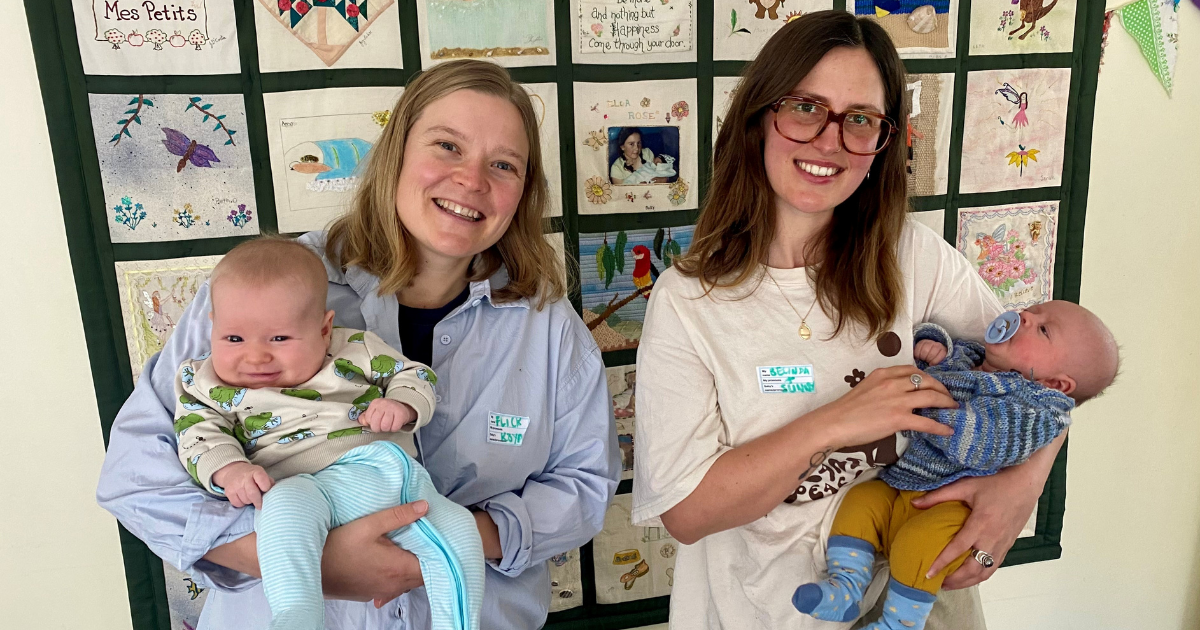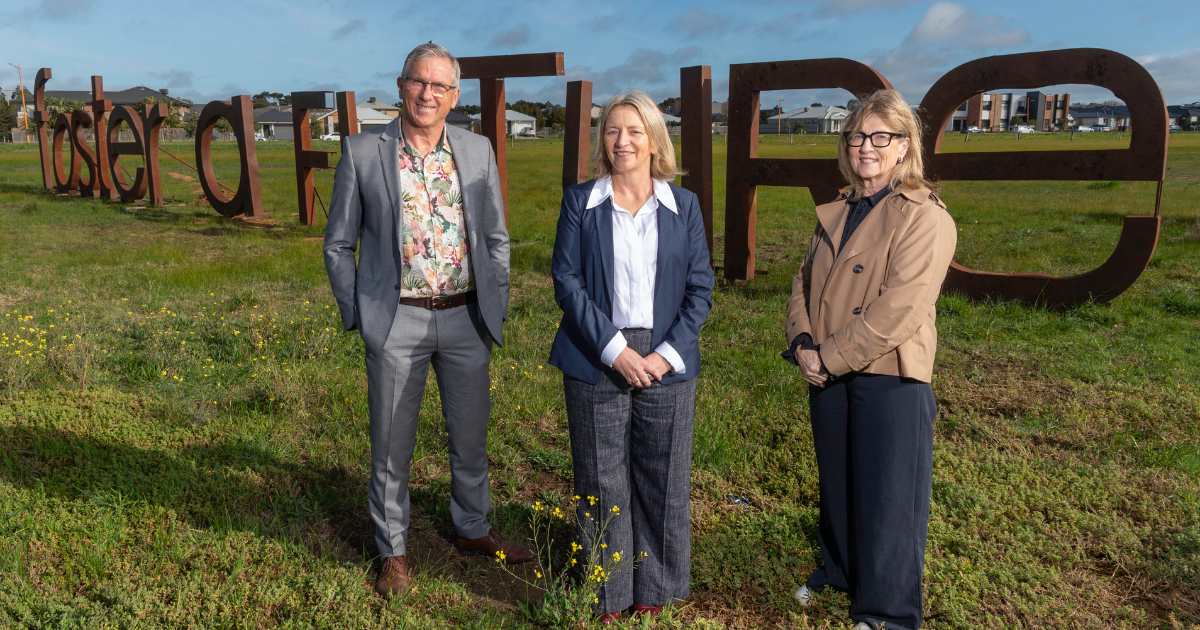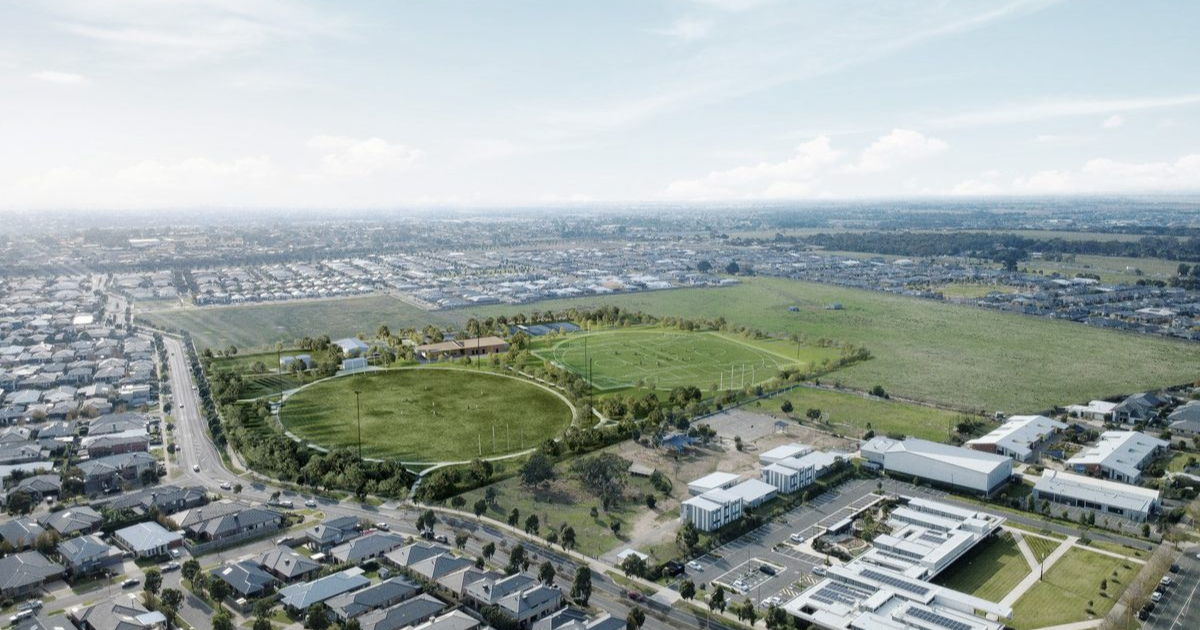New battery material leads charge for change
RESEARCHERS at Deakin University are working to create a new type of battery material that will reduce the cost and environmental impact of high performance batteries.
Deakin University’s Institute for Frontier Materials (IFM) Professor Maria Forsyth says the results of the project could have great significance.
“There is a global search for safe, low cost, high capacity, high performing batteries given the demand for high performance energy storage and electric vehicles,” Professor Forsyth said.
“The challenge for Australia is to develop a sustainable battery manufacturing industry that has global reach through process innovation.”
The three-year project has received $3 million from the Federal Government’s Cooperative Research Centre Projects program.
The IFM team will be working in partnership with Calix Pty Ltd and Boron Molecular.
Deakin’s Waurn Ponds campus will also be involved in the project, as there are plans to trial the batteries at the campus’s Deakin Microgrid.
The Deakin Microgrid is a $30 million project that includes a solar-pane farm and a research centre. It is part of Deakin’s plan to be carbon neutral by 2030.
Testing the batteries will also help the project develop a road map for both the batteries manufacturing and commercialisation.


















